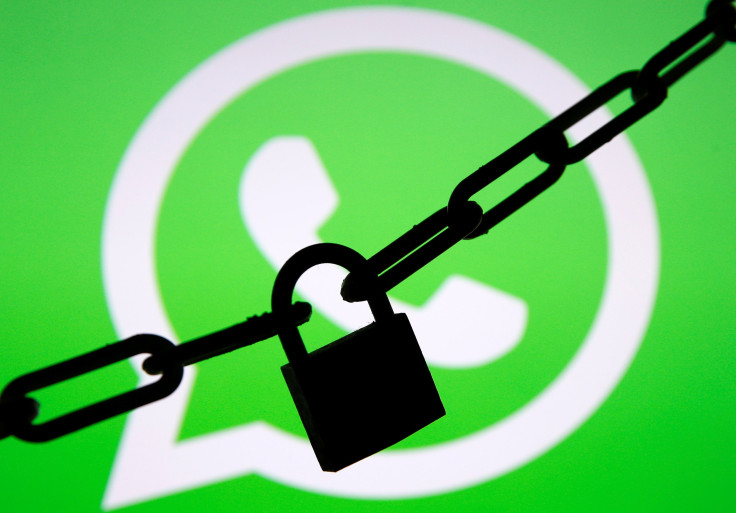Privacy Regulations May Improve As Senators, Companies Try To Curtail NSA-Style Snooping

Data privacy regulation in the U.S. has been a thorny issue with provisions such as the National Security Letters (NSLs) allowing unfettered access to law enforcement agencies into citizens’ communications.
The power endowed on the government by laws such as the Stored Communications Act has made accessing citizens’ email and other communications fairly easy in the post-2001 period for agencies such as the CIA and the FBI.
Read: Was My Samsung TV Hacked?: How To Tell If Your Smart TV Was Compromised By CIA Weeping Angel Hack
However, it might not remain so thanks to the efforts of tech companies and senators.
While tech companies such as Microsoft are wooing Congress to pass stricter privacy regulations, many senators have introduced bills such as the Email Privacy Act, amendment to the Electronic Communications Privacy Act and the International Communications Privacy Act, with the common goal of imposing strict regulations on access to private communications.
Apple had also taken a stand by refusing to provide the government a ‘master key’ to iPhones following the San Bernardino shootings in 2015.
The battle between privacy and security has been waged for long, and citizens’ privacy rights have been sacrificed at the altar of national security. Agencies such as NSA and CIA have even peered into communications illegally, using tools such as the Weeping Angel hack to listen to people using smart TVs.
The root of all privacy battles is the 1986 Electronic Communications Privacy Act, an outdated statute that bypassed warrants for looking into citizens’ communications.
The amended Electronic Communications Privacy Act would require law enforcement officials to obtain warrants for accessing remotely stored emails and communications which are more than 180 days old.
The bill would also require the authorities to obtain warrants for accessing location data. More importantly it would impose restrictions on gag orders, which prohibit companies from making the government’s requests for access to users’ data public.
“Americans don’t believe the federal government should have warrantless access to their emails just because they are 180 days old. They don’t believe the government should be able to always know where you are just because you are carrying a cell phone. It is long past time that Congress updated our federal laws to better protect Americans’ privacy,” Senator Mike Lee (R-Utah) stated in an open letter published on his website Thursday.
Read: Are Smart Home Devices Safe? Indoor Mapping Data Collection Poses Privacy Risk
The endeavor has been praised by privacy activists such as the Electronic Frontier Foundation.
National security concerns which were raised post 9/11 have highly endangered user privacy. With changing technology and improved means of communication, the ambit of government surveillance has also expanded.
While Europe has already begun a clampdown on privacy violations, the U.S. is yet to do so. But if tech companies and the Senate sustain their efforts to guard user privacy, chances are we might be able to achieve the delicate balance between privacy and security in the near future.
© Copyright IBTimes 2024. All rights reserved.





















